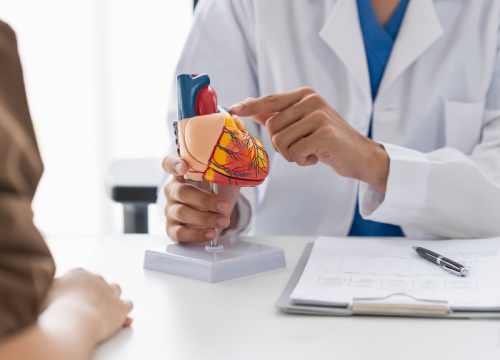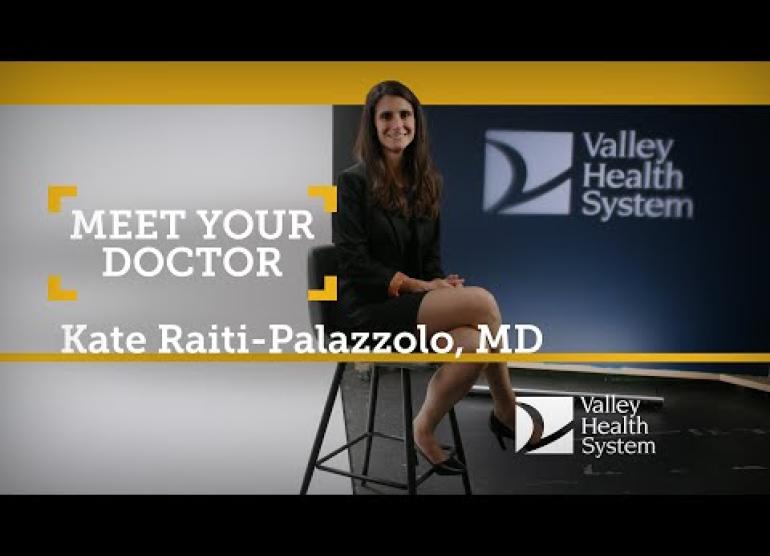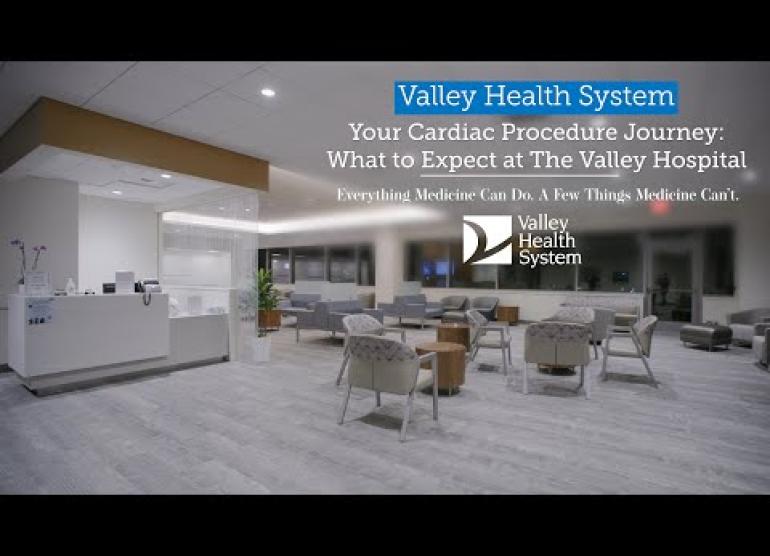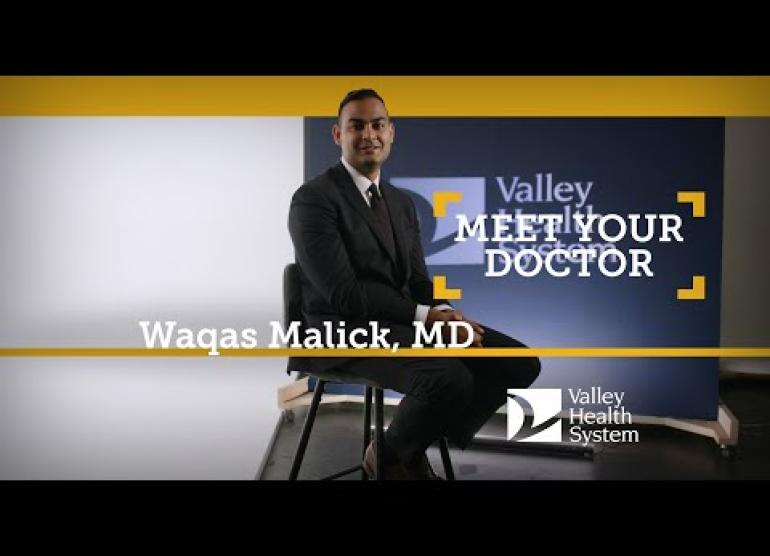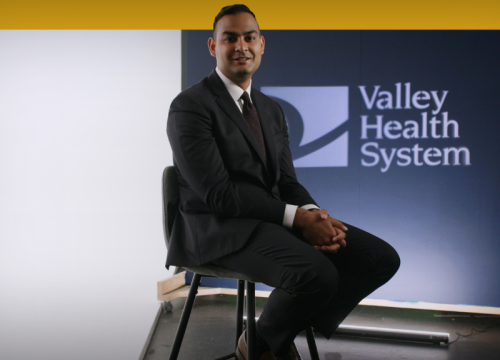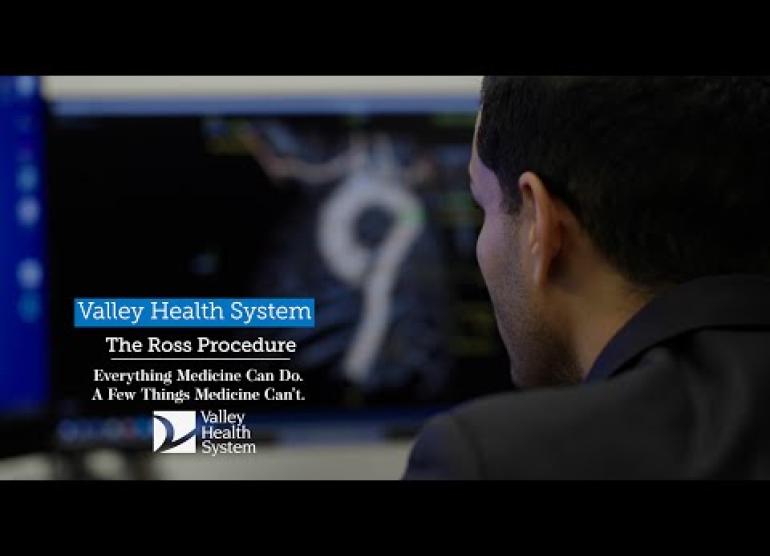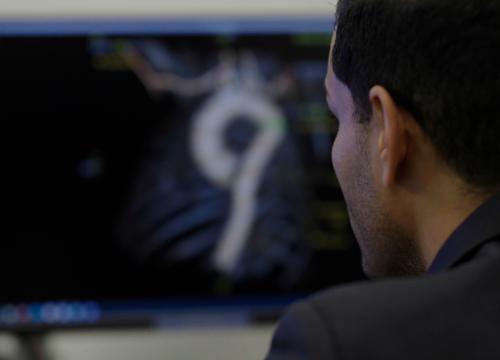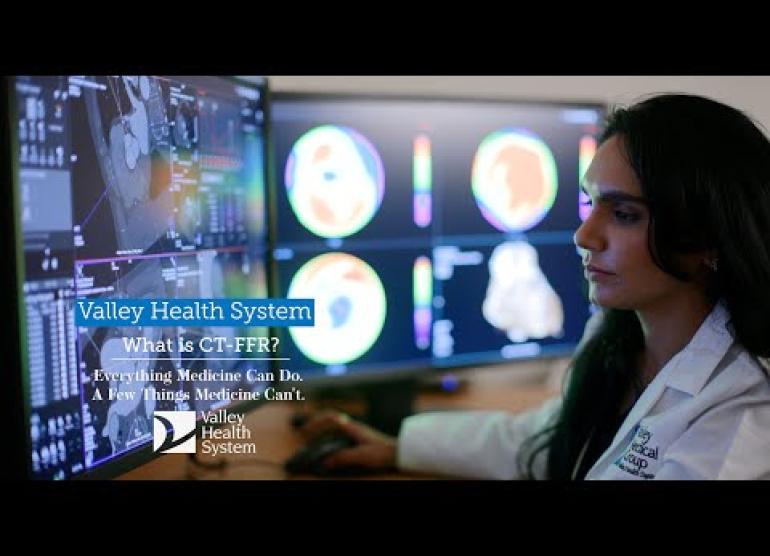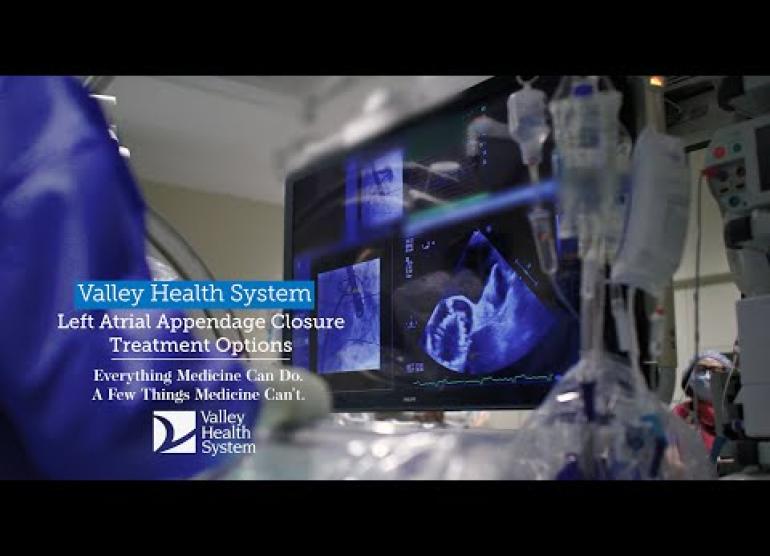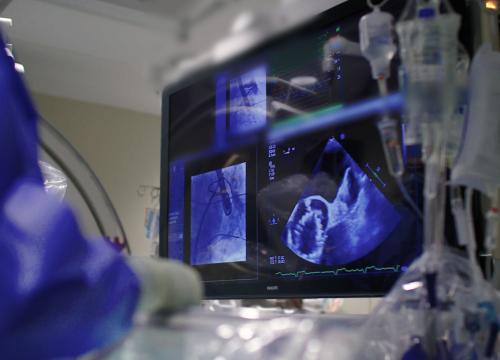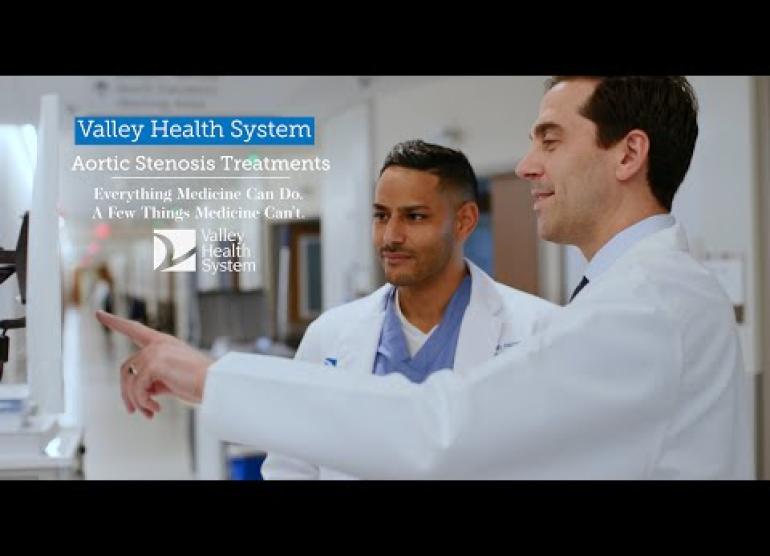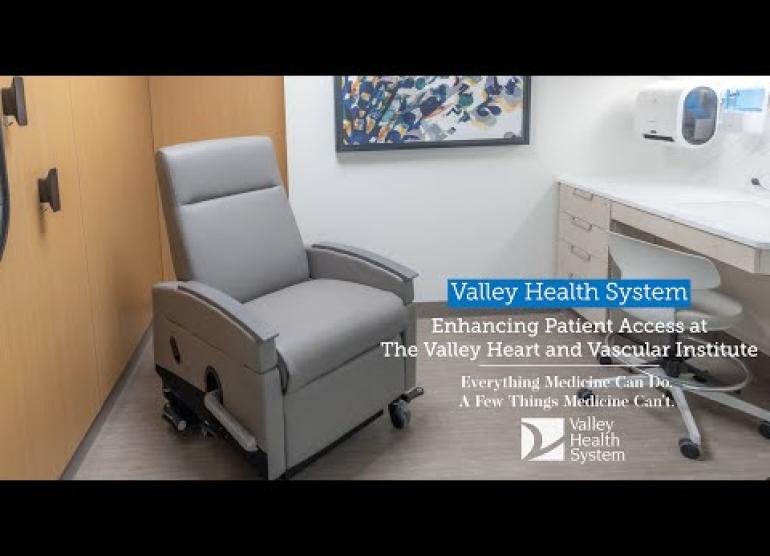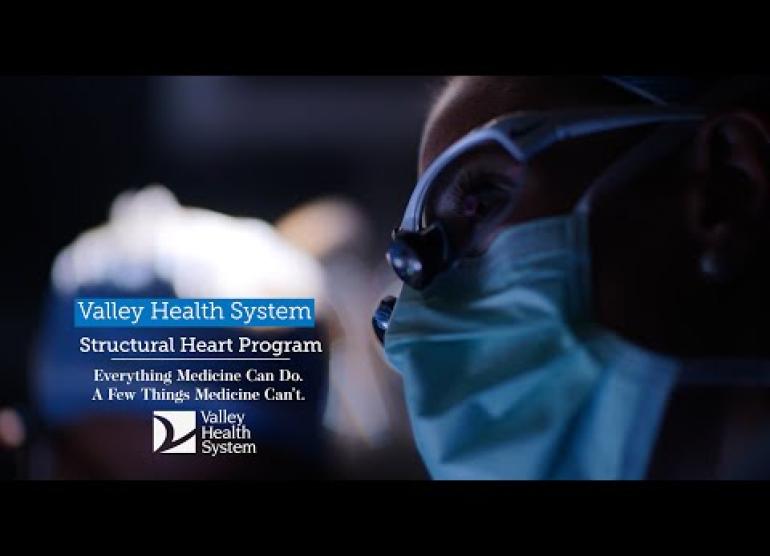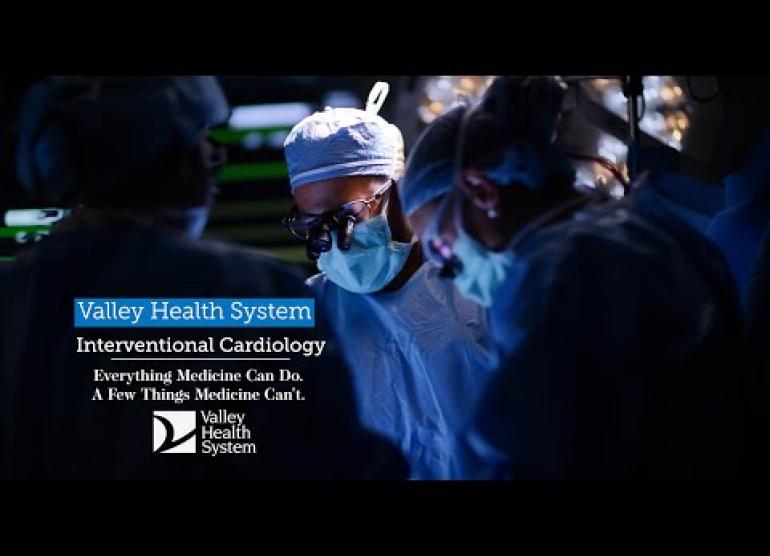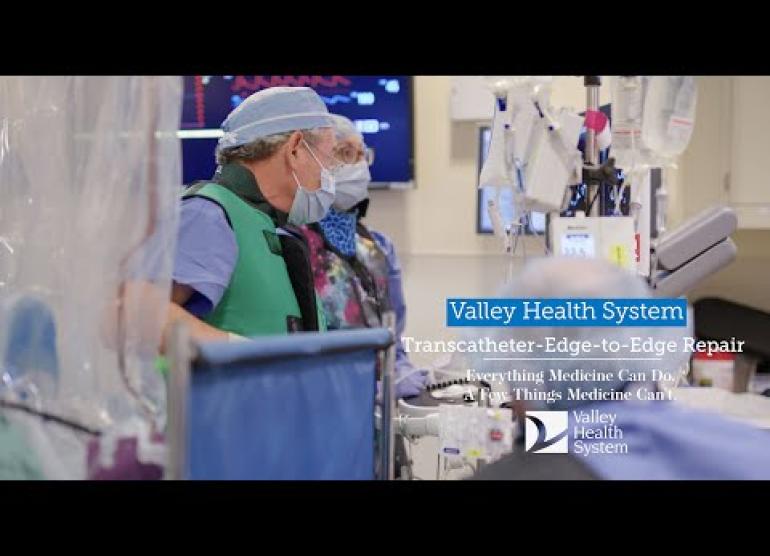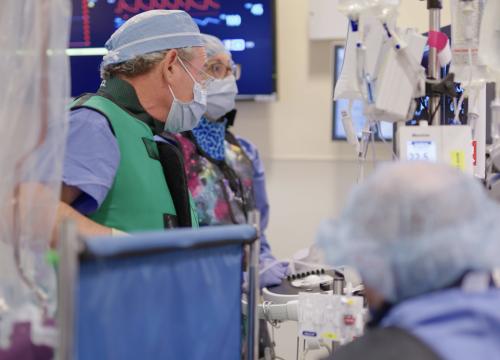
A national Cleveland Clinic survey examined a nationally representative, general population of Americans to determine the impact diet has on heart health. Valley Health System’s cardiovascular program is an alliance member of Cleveland Clinic Heart, Vascular & Thoracic Institute.
According to the survey, the cost of healthy food is the biggest barrier to eating healthy. Forty-six percent of Americans view healthy food being more expensive as the biggest barrier to eating, followed by 23 percent being lack of time to prepare food, and 20 percent being lack of recipes or knowledge of how to cook healthier food.
Some Americans think fast food is part of a heart-healthy diet, with 10 percent choosing it as the most heart-healthy option. The survey found that parents are two times more likely than non-parents to choose this option. Almost half of Americans purchase fast food at least once a week, with younger generations frequenting these restaurants most. Results concluded that while fast food is common, more than two-thirds of Americans, about 70 percent, do prepare meals at home at least four days a week.
The survey also found that those with heart disease or a family history of heart disease struggle to eat healthily in social situations. They are one and a half times more likely to name social gatherings as having the most negative influence on their diet.
“Food and nutrition have a huge impact on your overall health, including your heart,” said Gerald Sotsky, MD, Chair of Cardiac Services for Valley Medical Group and Director of Cardiovascular Services for The Valley Hospital. “Certain lifestyle modifications can help lower your risk of heart disease.”
Here are some ways to reduce your risk of developing heart disease.
- Follow a heart-healthy diet plan.
- A Mediterranean diet is considered heart-healthy; however, only 18 percent of those with heart disease or a family history of heart disease are more likely to think so.
- The survey found that 35 percent of Americans consider a low-carb diet the most heart healthy and 37 percent believe a low-fat diet is the most heart-healthy. Only 15 percent consider the Mediterranean diet healthy for the heart.
- Stay active.
- Moderate levels of physical activity are an important part of having a healthy heart.
- The survey found that 29 percent of those with heart disease or a family history of heart disease cite being out of shape and not knowing how to start as a main barrier to exercising. Four in ten, or 37 percent, of those at risk of developing heart disease have no desire to work out compared to a quarter, or 26 percent, of those with no risk factors.
- Understand the relationship between food, weight loss, and overall health. Diet has a huge impact on the effects of weight loss.
- According to the survey, 71 percent of Americans believe that moderate exercise has a greater impact on losing weight than diet. Those with heart disease or a family history of heart disease are more likely to believe this.
- While being active is important, a healthy diet is just as important.
“Reducing your risk of heart disease starts with prevention,” explains Dr. Sotsky. “To help our community stay healthy, The Valley Heart and Vascular Institute offers a free, comprehensive risk assessment for women and men between the ages of 20 and 79.”
The screening begins with a physical exam, which evaluates blood pressure and heart rhythm, auscultation – listening to the sounds of the heart using a stethoscope – to detect heart murmurs, and biometric screenings for body-mass index and waist circumference. Together, a comprehensive risk assessment, findings of the physical exam, and biometric screenings, along with lab work analysis, are used to arrive at an ASCVD (Atherosclerotic Cardiovascular Disease) risk score. This score aids in determining a patient’s 10-year and lifetime risk of developing heart disease.
To make an appointment for a cardiac screening and for more information, please call 201-447-8125 (Monday through Friday from 8 a.m. to 4:30 p.m.) and 201-447-8535 during off hours.


